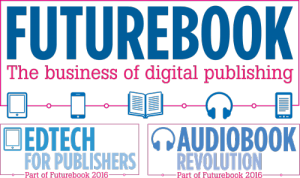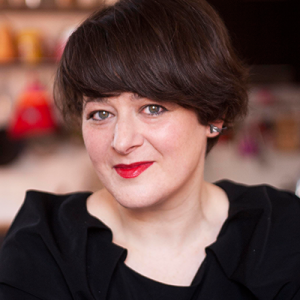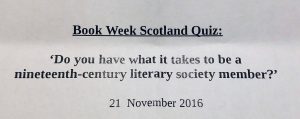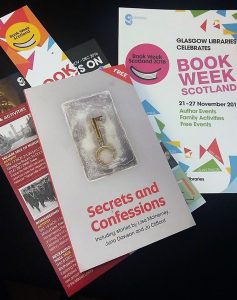 FutureBook is The Bookseller’s digital publishing conference. This conference took place on 2nd December in London, and it also hosted the annual FutureBook Awards and the BookTech Showcase. FutureBook Conference is also Europe’s largest digital publishing conference. The key themes of this conference were:
FutureBook is The Bookseller’s digital publishing conference. This conference took place on 2nd December in London, and it also hosted the annual FutureBook Awards and the BookTech Showcase. FutureBook Conference is also Europe’s largest digital publishing conference. The key themes of this conference were:
- How publishers can define and better take advantage of current trends in digital
- How innovation has become ingrained
- The new business models coming out of the start-up sector
- Change management within established businesses
- Trends emerging over the horizon.
Although I didn’t go to the conference in person, I learned a lot by reading some articles from The Bookseller and the FutureBook’s tweets. I think this conference is very important for the future development of the publishing industry. There were four keynote speakers at the conference this year, including Andrew Keen, author of The Cult of the Amateur; Ogilvy & Mather’s James Whatley; Anki Ahrnell, Bonnier AB’s chief digital and technology officer; and Eva Appelbaum, partner at Digital Talent @ Work. And after reading an article from The Bookseller, I was impressed by Eva Appelbaum’s speech.
 Eva Appelbaum (twitter) is a digital strategy specialist at Digital Talent @Work. And the topic of her speech was “How to create the publishing people of tomorrow”. She said: “We’re in an awkward position, we have one leg in industrial, and one reaching forward to digital but we don’t know what the ground we’re stepping into is going to look like.” That’s right. Since twenty-first Century, digital technology has been widely used, and now more and more industries need to rely on digital technology to survive. And with the rapid development of digital publishing, publishing industry had a revolution.
Eva Appelbaum (twitter) is a digital strategy specialist at Digital Talent @Work. And the topic of her speech was “How to create the publishing people of tomorrow”. She said: “We’re in an awkward position, we have one leg in industrial, and one reaching forward to digital but we don’t know what the ground we’re stepping into is going to look like.” That’s right. Since twenty-first Century, digital technology has been widely used, and now more and more industries need to rely on digital technology to survive. And with the rapid development of digital publishing, publishing industry had a revolution.
Now the publishing industry is at an important turning point. Just like Appelbaum said, the publishing industry has one leg in traditional publishing, and one reaching forward to digital publishing. Maybe the development of digital publishing is a great threat to the traditional publishing industry, but at the same time, it also offers a broader development space for the publishing industry. With the rapid development of digital publishing, there is a severe hit for the sales of print books. But e-books and audiobooks sales are increasing, which gives publishers some opportunities to gain profits. So for traditional publishing, digital publishing is not only a challenge, but also an opportunity.
Appelbaum also said: “Publishers need to move away from thinking about digital as a silo and instead focus on cultivating the mindset and behaviours needed to thrive in the digital age.” I think the idea is profound. There is no doubt that digital publishing has great potential, but the development process will be very tortuous. Therefore, publishers need to actively explore new digital technology, while improving the development of traditional publishing, so as to make the development of the publishing industry in a stable state.
The Bookseller believes that “FutureBook is the must-attend event for anyone who wants to face our digital future from a position of power.” I agree with it. In my opinion, with the development of digital publishing, the FutureBook Conference seems to be more and more important.
You can find more information about FutureBook Conference 2016 on their website and twitter.
And you can read the article from The Bookseller about Eva Appelbaum’s speech.–‘Human revolution’ needs to be understood, urges Appelbaum
by Puyu Cheng

